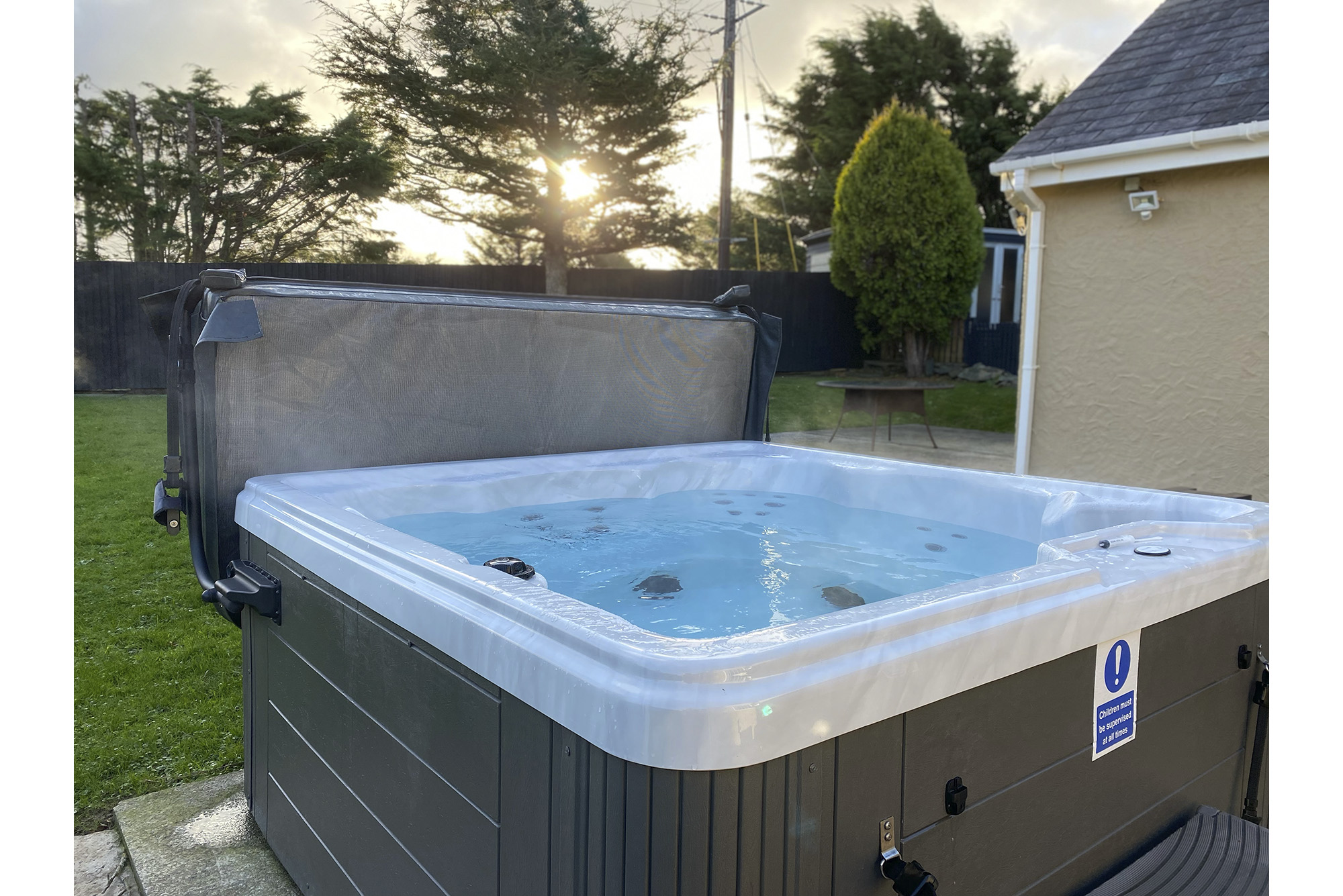Summer is the busiest time of year for most North Wales holiday lets — but the work doesn’t end when the last August guests check out. A post-summer review is essential to understand what worked, what didn’t, and how to boost performance for the rest of the year and next season.
Here’s how to break it down step-by-step.
1. Review Your Occupancy Rates
Start by comparing this summer’s occupancy rates with:
- Last year’s summer figures
- Your low-season averages
- The regional average for North Wales (your local tourism board or letting agency may have stats)
If you notice dips in certain weeks, ask yourself why — was it pricing, lack of promotion, or competing local events?
2. Analyse Your Pricing Strategy
Look at your pricing over the peak season:
- Did you sell out too quickly? You may have been underpriced.
- Were there empty nights during prime weeks? Prices may have been too high.
- Did you adjust rates for local events like the Anglesey Show or Conwy River Festival?
Dynamic pricing tools can help you match demand more closely next summer.
3. Check Your Guest Feedback Trends
Read through every review carefully and make note of repeated themes:
- Positives (e.g., “spotlessly clean”, “great location”) — Keep these as your selling points in your listings.
- Negatives (e.g., “uncomfortable bed”, “no shade in the garden”) — Fix these before next season.
Even small improvements based on feedback can increase repeat bookings.
4. Evaluate Your Marketing Efforts
Ask yourself:
- Which channels brought the most bookings? (Airbnb, Booking.com, your own website, social media)
- Did your photos and listing descriptions match the summer experience?
- Did you run any summer promotions — and did they work?
Track where your guests found you so you can invest more in the highest-performing platforms.
5. Look at Your Expenses vs. Revenue
It’s easy to focus on income alone, but your profit depends on the bottom line. Consider:
- Increased utility costs in peak season
- Cleaning, maintenance, and linen turnover costs
- Advertising and booking fees
A side-by-side comparison with last year helps spot trends and areas to save.
6. Identify Opportunities for Autumn & Winter
Your review shouldn’t just look back — it should plan ahead.
- Could you run an “Autumn Cosy Break” promotion?
- Is your property equipped for winter guests (heating, extra blankets, seasonal décor)?
- Can you market to couples, retirees, or remote workers for off-peak bookings?
7. Set Goals for Next Summer Now
Don’t wait until next May to plan your peak season strategy. Use your findings to set clear, measurable goals, such as:
- Increase occupancy in early July by 15%
- Raise average nightly rate by £10 without reducing bookings
- Achieve 20% more direct bookings to reduce platform fees
Final Thought
A good post-summer review turns your busiest season into a valuable learning opportunity. By tracking performance, listening to guest feedback, and refining your strategy, you can keep your North Wales holiday let competitive year-round — and make next summer your most successful yet.






